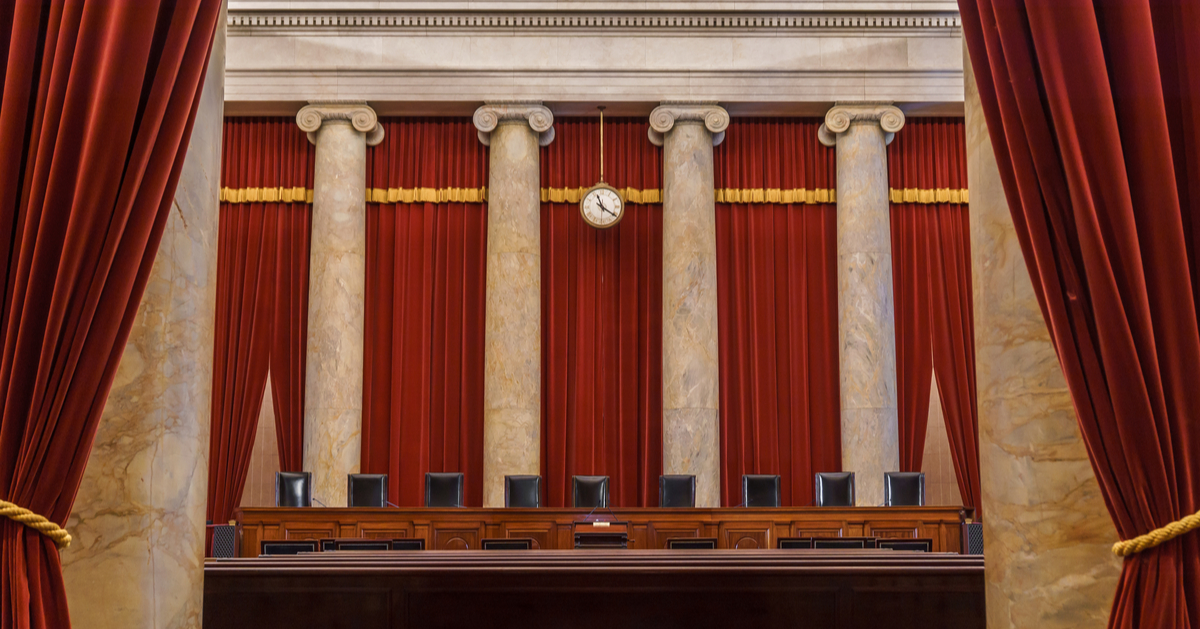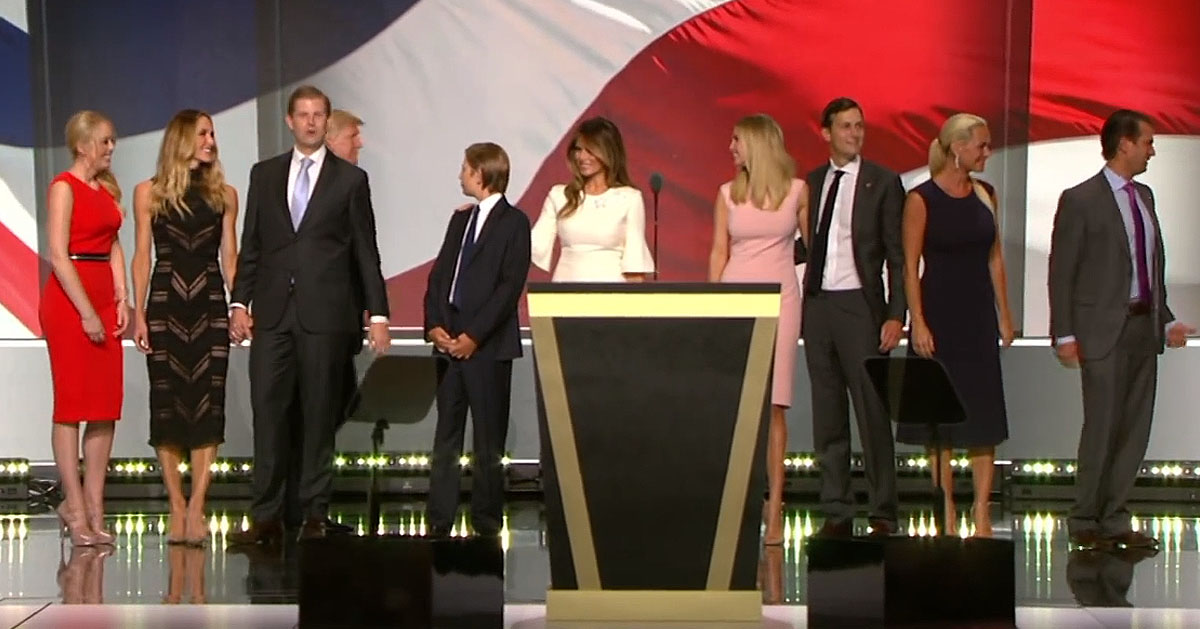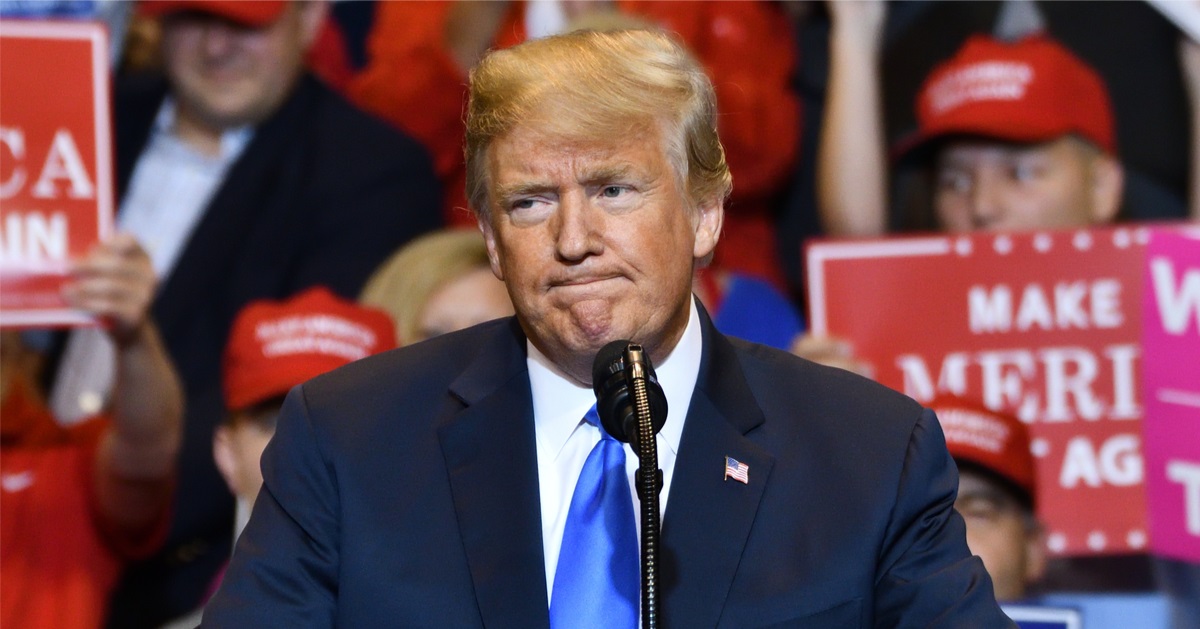VP Vance says Iran's stockpile of enriched uranium is now 'buried' following successful U.S. airstrikes
President Donald Trump declared success following the weekend's targeted airstrikes against Iran's nuclear facilities. Still, there remain skeptical rumors that Iran managed to secretly move its stockpile of enriched uranium before the facilities were destroyed with "bunker buster" bombs.
On Monday, Vice President JD Vance insisted that, at least as far as he understood, Iran's uranium stockpile was "buried" within the demolished underground nuclear facilities, the New York Post reported.
However, even if the rumors were true that the roughly 900-pound stockpile of fissile material had been moved elsewhere prior to the devastating airstrikes, Vance maintained that Iran is no longer able to enrich the uranium, currently around 60% enrichment, any further to reach the weapons-grade threshold of 90% enriched.
Vance says Iran's enriched uranium is now "buried" after airstrikes
Mediaite reported that VP Vance appeared Monday on Fox News' "Special Report" with host Bret Baier to discuss the U.S. airstrikes on three of Iran's nuclear facilities as well as to address some of the complaints and rumors pushed by skeptics in Congress, the media, and online.
Asked if the administration knew of the location of Iran's stockpile of roughly 900 pounds of highly enriched uranium, Vance suggested that Iran's critical capability to further enrich that uranium was more important than the uranium itself.
"Our goal was to bury the uranium. And I do think the uranium is buried," he said. "But our goal was to eliminate the enrichment and eliminate their ability to convert that enriched fuel into a nuclear weapon."
"I actually just -- I think that’s an important point, Bret, because so many of the folks who have focused on the highly enriched uranium ... the main focus, Bret, has been to destroy their enrichment capacity, because we don’t want that 60% uranium to become 90% uranium," Vance continued. "That’s the real concern. And that’s what was so successful about our mission."
Iran's enrichment capabilities are the more important factor
According to Mediaite, Baier pressed the issue and asked what would stop the Iranian regime, assuming it remains in control, from later resuming its enrichment program if the uranium stockpile wasn't destroyed or "buried" and remained accessible, but VP Vance remained focused on Iran's enrichment.
"If they have 60% enriched uranium, but they don’t have the ability to enrich it to 90%, and, further, they don’t have the ability to convert that to a nuclear weapon, that is mission success," Vance explained. "That is the obliteration of their nuclear program, which is why the president, I think, rightly is using that term."
"But here’s the question. If Iran is desperate to build a nuclear weapon in the future, then they’re going to have to deal with a very, very powerful American military again," he warned. "Our hope is that the lesson that the Iranians have learned here is, look, we can fly a bunker-buster bomb from Missouri to Iran completely undetected without landing once on the ground, and we can destroy whatever nuclear capacity you build up."
Vance added, "I think that lesson is what’s going to teach them not to rebuild their nuclear capacity."
Vice President @JDVance to @BretBaier on the narrative about the 900 pounds of highly-enriched uranium meaning the airstrikes were a failure: “The question before us is can Iran enrich the uranium to weapons-grade level and can they convert that fuel to a nuclear weapon? And we… pic.twitter.com/STTXnMm9aP
— Curtis Houck (@CurtisHouck) June 23, 2025
Where is the enriched uranium, if not "buried"?
The Post reported that there is some evidence that suggests the possibility of Iran moving its stockpile of enriched uranium away from the underground Fordow nuclear facility and stashing it elsewhere in the days ahead of the U.S. airstrikes, though that has not been confirmed.
If those rumors are true, that opens up several other possibilities, none of which are particularly good, that include the uranium being temporarily stored or even enriched on Iran's behalf by allies like China, Russia, or North Korea, or that it was provided to proxy terror groups to be used as a "dirty" radioactive bomb.






